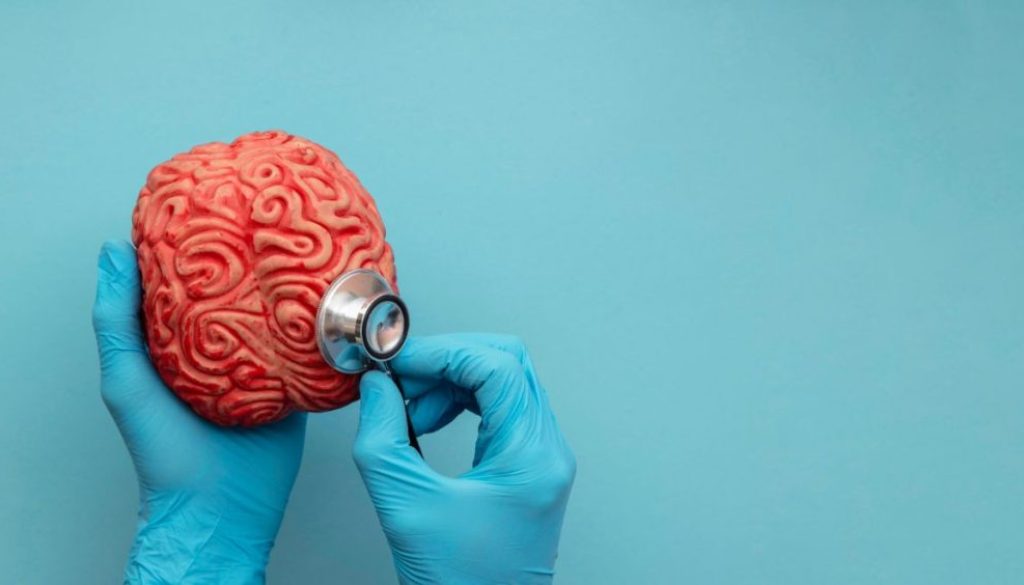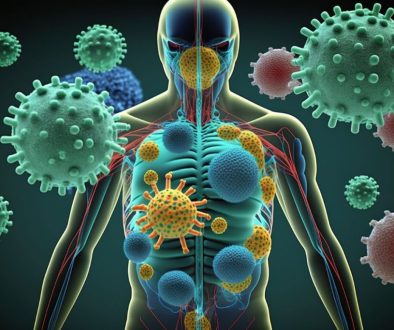The Gut-Brain Connection: Understanding the Impact of Probiotics on Mental Health
The relationship between gut health and mental well-being has garnered increasing attention in recent years, leading to the exploration of the gut-brain connection. This intricate link suggests that the health of your gut may significantly influence your mental health, including conditions such as anxiety and depression. This article delves into how probiotics can play a role in supporting mental health through this connection.
1. The Gut-Brain Axis
The gut-brain axis refers to the bidirectional communication network linking the gastrointestinal tract and the brain. This connection involves various pathways, including:
- Neural Pathways: The vagus nerve, which extends from the brain to the gut, transmits signals in both directions, allowing for real-time communication between the two systems.
- Immune System: The gut microbiota can influence the immune response, leading to the release of cytokines that can affect brain function and mood regulation.
- Hormonal Signaling: The gut microbiota produces neurotransmitters and metabolites that can influence brain chemistry. For example, about 90% of serotonin, a key neurotransmitter involved in mood regulation, is produced in the gut.
2. Probiotics and Mental Health
Probiotics, the “good” bacteria found in various fermented foods and supplements, have been shown to positively influence mental health through several mechanisms:
- Modulating Gut Microbiota: Probiotics can help restore a healthy balance of gut bacteria, which is crucial for proper gut function and mental well-being. A balanced microbiome is associated with reduced inflammation and improved gut barrier function, both of which can influence mental health.
- Reducing Inflammation: Chronic inflammation is linked to various mental health disorders, including depression and anxiety. Probiotics can help reduce inflammation in the gut and throughout the body, potentially alleviating symptoms of these conditions.
- Producing Neurotransmitters: Certain probiotic strains are capable of producing neurotransmitters such as serotonin and gamma-aminobutyric acid (GABA), which play essential roles in mood regulation and anxiety reduction.
3. Impact on Anxiety and Depression
Research has begun to uncover the potential of probiotics in managing symptoms of anxiety and depression:
- Anxiety: Some studies have found that specific probiotic strains can reduce anxiety symptoms and improve overall emotional well-being. For example, Lactobacillus rhamnosus has been linked to decreased anxiety-like behavior in animal models.
- Depression: Research suggests that probiotics may help alleviate depressive symptoms. A systematic review of clinical trials indicated that probiotics could lead to significant improvements in depression scores, particularly when combined with other treatments.
4. The Role of Diet
Diet plays a crucial role in shaping the gut microbiome, which in turn influences mental health. A diet rich in fiber, whole foods, and fermented products can support the growth of beneficial gut bacteria.
- Fiber and Prebiotics: Foods high in fiber and prebiotics, such as fruits, vegetables, legumes, and whole grains, serve as food for probiotics. A diet rich in these foods can promote a healthy microbiome, which may positively impact mental health.
- Fermented Foods: Incorporating fermented foods like yogurt, kefir, sauerkraut, and kimchi can introduce beneficial probiotics into the diet, supporting both gut and mental health.
5. Practical Considerations
While the research on probiotics and mental health is promising, it’s essential to approach supplementation thoughtfully:
- Consulting a Professional: If you’re considering probiotics for mental health support, consult with a healthcare professional, particularly if you have existing mental health conditions or are taking medications.
- Choosing the Right Strain: Different probiotic strains may have varying effects on mental health. Look for products that specifically list strains shown to have positive effects on mood and anxiety, such as Lactobacillus helveticus or Bifidobacterium longum.
- Combining Approaches: Probiotics should not replace traditional treatments for mental health disorders. Instead, consider them as a complementary approach alongside therapy, medication, and lifestyle changes.
The gut-brain connection highlights the intricate relationship between gut health and mental well-being. Probiotics offer a promising avenue for supporting mental health by modulating the gut microbiome, reducing inflammation, and producing essential neurotransmitters. By incorporating probiotics into a balanced diet, individuals may enhance their gut health and potentially improve their mental well-being. As research continues to evolve, the importance of maintaining a healthy gut for overall mental health will become increasingly clear.
Sources
- Cryan, J. F., & Dinan, T. G. (2012). “Mind-altering microorganisms: The impact of the gut microbiota on brain and behaviour.” Nature Reviews Neuroscience.
- Schmidt, C. (2015). “Gut feelings: The connection between gut bacteria and mood.” Nature.




